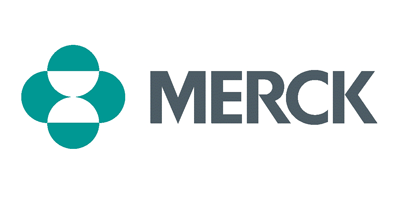FDA Gives Merck Melanoma Drug ‘Breakthrough’ Status

On Wednesday the U.S. Food and drug administration awarded Merck's melanoma cancer therapy, lambrolizumab, breakthrough therapy status. This will enable the company to push through approval processes far quicker than regular drugs.
The drug is meant to treat advanced stages of melanoma once it has spread through the body. Advanced melanoma is the cause of death in 80 percent of all melanoma related cancer deaths.
"We are pleased that the FDA has designated lambrolizumab a Breakthrough Therapy for patients with advanced melanoma," said Gary Gilliland M.D., Ph.D., senior vice president and oncology franchise head, Merck Research Laboratories. "The FDA's decision to place lambrolizumab in a category that may enable expedited development and review is an important milestone for Merck as we advance ongoing programs in multiple cancer indications."
The drug is an antibody that sticks to a marker found on the surface of cancer cells. Cancer cells express high levels of the PD-1 protein, which acts like camouflage, signaling the immune system not to attack cancerous cells. By using an antibody therapy to block PD-1 on cancer cells, the immune system can recognize the dangerous cells and attempt to kill them.
A Phase 1b clinical trial of 85 patients published in November 2012 showed that 51 percent had an anti-tumor response and 9 percent had a complete tumor regression by 12 weeks. Shortly afterwards Merck initiated a Phase II clinical trial of the drug to further assess its efficacy in treating late stage advanced Melanoma.
Melanoma is diagnosed in 76,690 Americans every year and the cancer will result in 9,480 deaths in 2013 according to the National Cancer Institute. Melanoma is easily curable if it is found early. When found in late stages, the cancer has a high mortality rate.
Lambrolizumab is part of the wave of next-generation cancer treatments that hope to use the body's own immune system to kill cancer cells.
Published by Medicaldaily.com



























